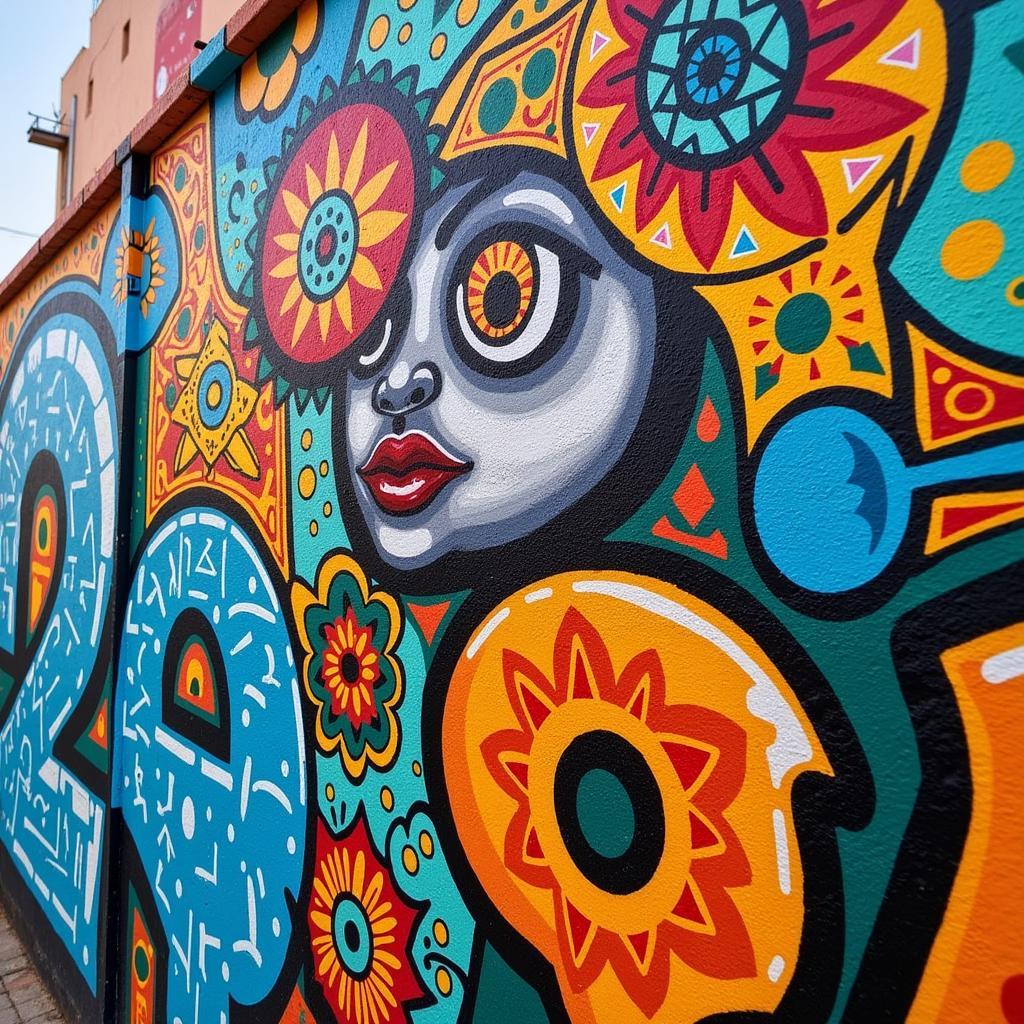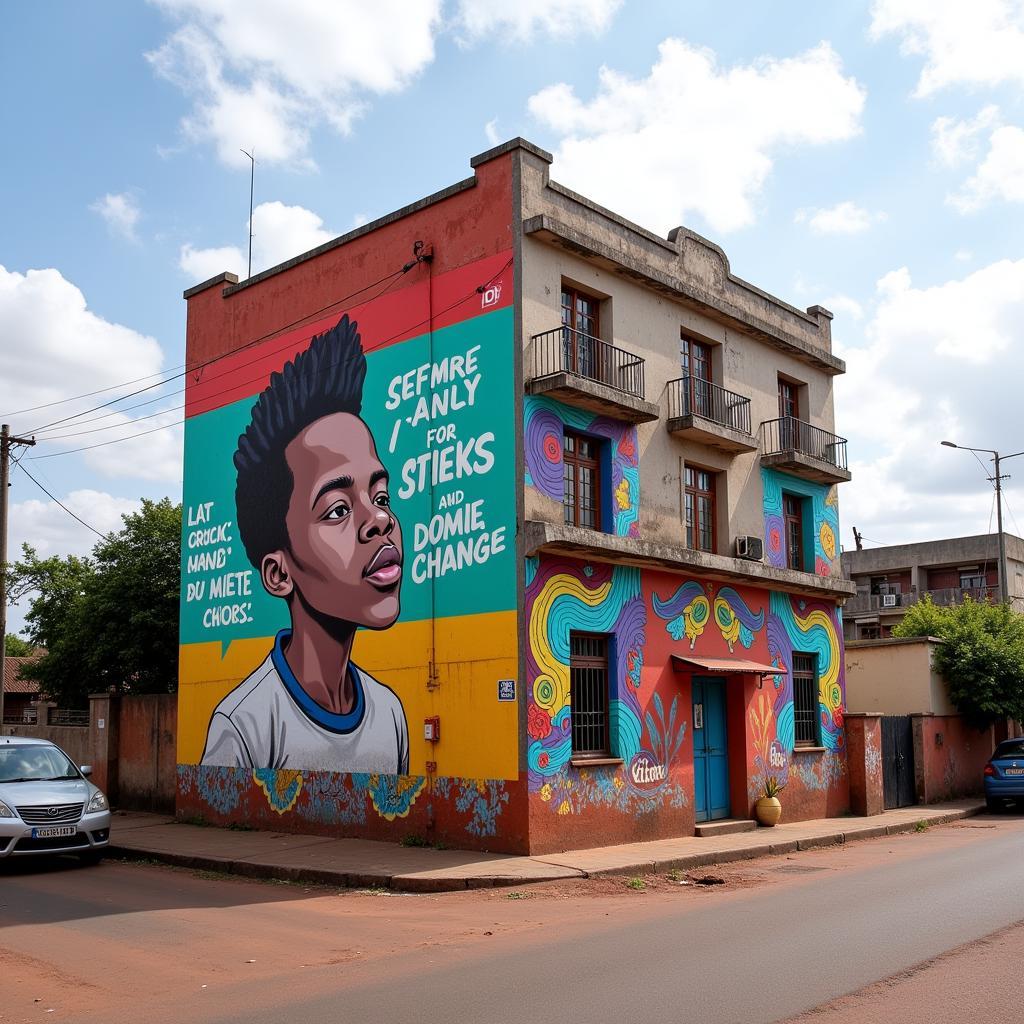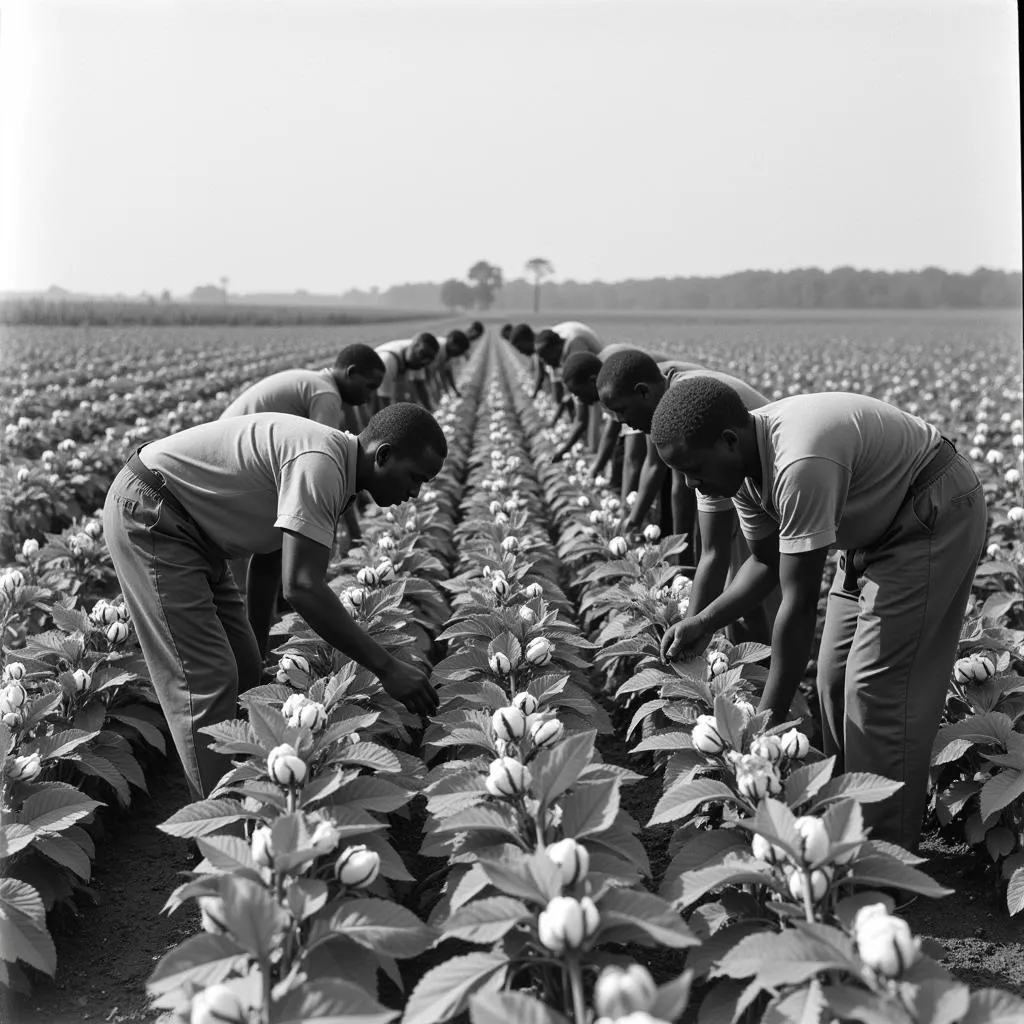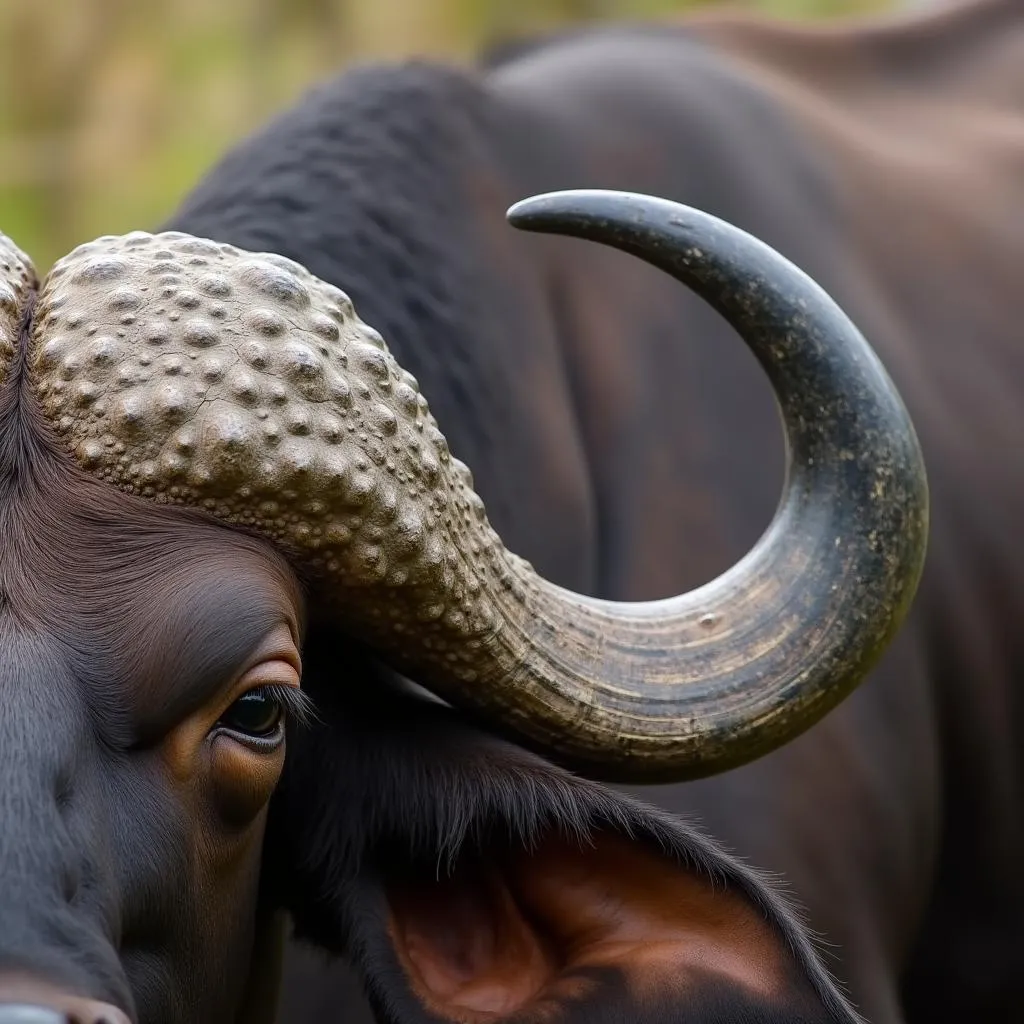Exploring African Countries Graffiti: A Vibrant Urban Canvas
African Countries Graffiti is rapidly emerging as a powerful form of artistic expression, reflecting the continent’s diverse cultures, social issues, and vibrant urban landscapes. From the bustling streets of Nairobi to the walls of Lagos, graffiti is transforming public spaces and challenging conventional notions of art. This burgeoning art form provides a unique lens through which to understand the complex narratives of African societies.
A Colorful Narrative: Graffiti’s Evolution in African Countries
Graffiti, often perceived as a Western import, has found fertile ground in African countries, evolving into a distinct and dynamic art form. While some view it as vandalism, many recognize it as a legitimate form of artistic expression, reflecting the pulse of the streets and giving voice to marginalized communities. This evolution is not without its complexities, as artists navigate the fine line between self-expression and respecting cultural norms. African graffiti often incorporates local traditions, symbols, and languages, creating a unique visual vocabulary that resonates with local communities. It’s a powerful tool for social commentary, addressing issues such as poverty, inequality, and political corruption.
The vibrant colors and bold designs often challenge traditional aesthetics, sparking dialogue and provoking thought. Graffiti artists are reclaiming public spaces, transforming dull walls into vibrant canvases that tell stories, share dreams, and express the hopes and frustrations of a generation. This form of art provides a platform for artists who may not have access to traditional galleries or museums, democratizing the art world and bringing art directly to the people.
From Cape Town to Cairo: Regional Styles of African Countries Graffiti
Across the continent, distinct regional styles of graffiti have emerged, reflecting the unique cultural contexts of each country. In South Africa, for example, graffiti has become a powerful tool for social and political commentary, addressing the legacy of apartheid and the ongoing struggle for equality. North African countries, such as Tunisia and Morocco, have seen a rise in graffiti art that blends traditional calligraphy with contemporary street art styles. East African countries, such as Kenya and Uganda, are known for their vibrant and colorful graffiti scenes, often incorporating local motifs and imagery.
 East African Graffiti: Vibrant Colors and Local Motifs
East African Graffiti: Vibrant Colors and Local Motifs
The Influence of Hip Hop Culture on African Graffiti
Hip hop culture, with its emphasis on self-expression and social commentary, has had a profound influence on the development of graffiti in African countries. Just as african american in pop music hip hop has impacted global music, the art form has found a natural synergy with hip hop’s rebellious spirit. Many graffiti artists in Africa are also musicians, DJs, or breakdancers, creating a vibrant and interconnected hip hop scene. This cross-pollination of artistic disciplines has resulted in a unique and dynamic cultural landscape.
Graffiti as a Tool for Social Change in African Countries
Beyond its aesthetic value, graffiti is increasingly recognized as a powerful tool for social change in African countries. It provides a platform for artists to raise awareness about important social issues, challenge oppressive systems, and inspire dialogue within their communities. By taking their art to the streets, graffiti artists are bypassing traditional gatekeepers and engaging directly with the public.
 African Graffiti: Social Commentary and Political Expression
African Graffiti: Social Commentary and Political Expression
Dr. Amina Diallo, a renowned art historian specializing in African contemporary art, notes, “Graffiti is more than just paint on walls; it’s a visual language that speaks to the hopes, fears, and aspirations of a generation.”
Conclusion: The Future of African Countries Graffiti
African countries graffiti is a dynamic and evolving art form that reflects the continent’s rich cultural tapestry and its complex social realities. From street corners to art galleries, graffiti is challenging conventional notions of art and inspiring dialogue across communities. As this vibrant art form continues to evolve, it promises to play an increasingly important role in shaping the cultural landscape of Africa. The future of African countries graffiti is bright, bold, and full of potential.
Professor Joseph Ngugi, a Kenyan sociologist, observes, “Graffiti is a powerful form of visual storytelling that gives voice to those often marginalized in mainstream society.”
FAQ: African Countries Graffiti
-
Is graffiti legal in African countries? The legality of graffiti varies across different countries and even within cities. Some countries have embraced it as an art form, while others still consider it vandalism.
-
Who are some prominent African graffiti artists? While there are many talented artists, some notable names are emerging across the continent. Researching local art scenes is the best way to discover them.
-
Where can I see African graffiti? Graffiti can be found in various urban spaces, from designated art districts to informal street art scenes.
-
How is African graffiti different from graffiti in other parts of the world? African graffiti often incorporates local traditions, symbols, and languages, creating a distinct visual vocabulary.
-
What are the social and political messages often conveyed through African graffiti? Themes of social justice, equality, political corruption, and cultural identity are often explored.
-
How is hip hop culture connected to African graffiti? Hip hop culture has significantly influenced the development of graffiti in Africa, providing a platform for self-expression and social commentary.
-
What is the future of African graffiti? The future looks promising, with increasing recognition and support for the art form both locally and internationally.
Need Help?
When you need assistance, please contact us via:
Phone: +255768904061
Email: kaka.mag@gmail.com
Address: Mbarali DC Mawindi, Kangaga, Tanzania
We have a 24/7 customer service team.


